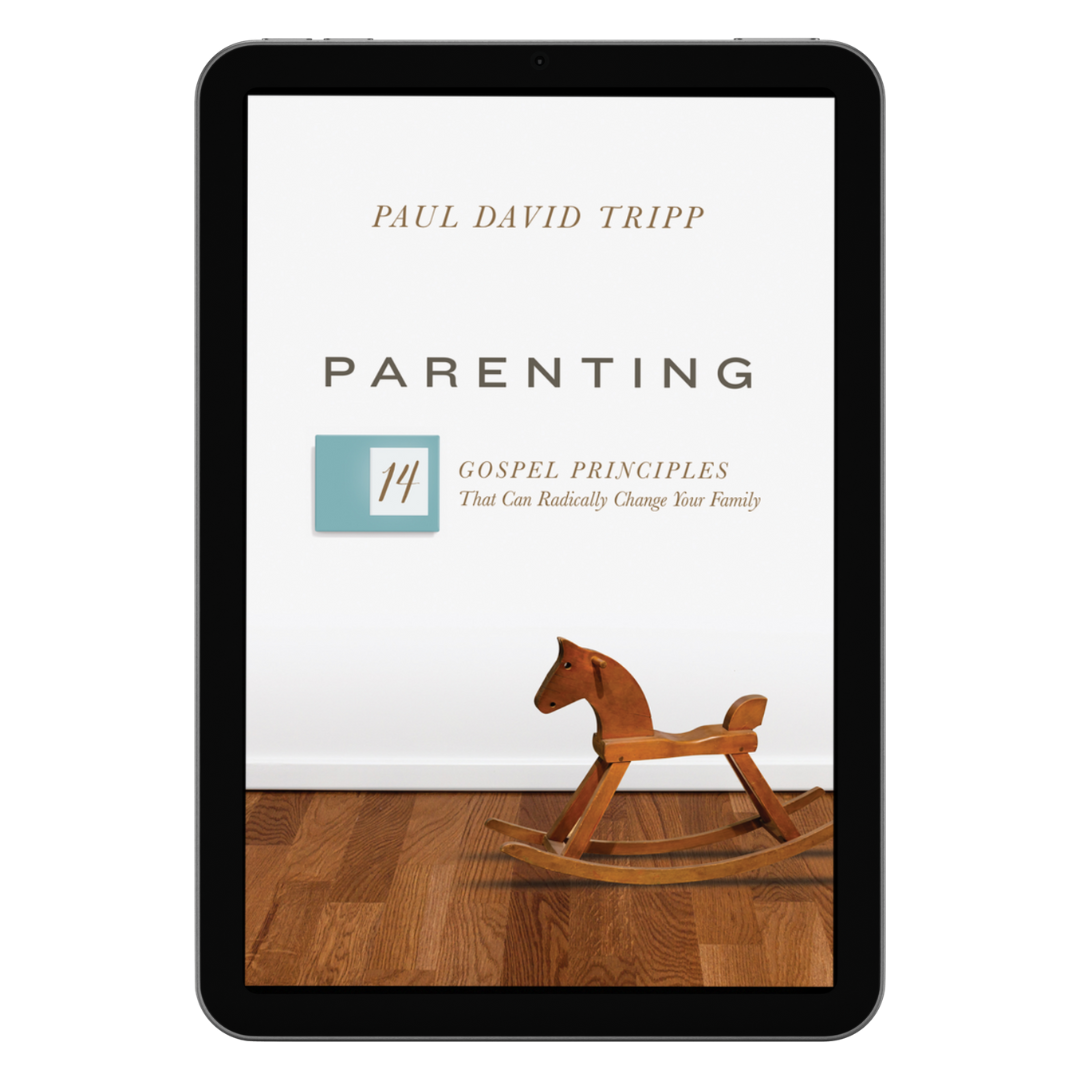A Conversation on Biblical Counseling (Part Two)
This is an edited transcript of the first video of A Conversation on Biblical Counseling (Part Two).
Click here to watch all three videos from Part Two.
How Can the Church Discuss Difficult Questions?
Sarah: Maybe we could discuss some of the topics faced in the Malaysian churches, specifically for leaders of the church but also for anyone listening, to know how to focus, be equipped to face and handle and not shy or run away from these things.
I think one topic that I have been studying in one of the courses that I'm taking right now through CCEF is the whole area of same-sex attraction. And then there are other topics that are in the news such as suicide. The suicide rate has been increasing quite dramatically this year. Depression. I am opening an invitation for you to share some about this and encourage us as we continue to learn how to embrace as Jesus would, some of these struggles that people are wrestling with.
Mario: Maybe I'll say this about same-sex attraction and I'm not really sure where I'm going with this, but le’t see if this makes any sense.
I think maybe one of the reasons why it's a very sensitive topic that we don't like to talk about is because it's not just something that people who struggle with same-sex attraction struggle with, but sexuality as a whole, is something that is not talked about very often in church.
It's something that makes us very uncomfortable. It comes back to the earlier discussion we had that there's an element of shame when you talk about sin; we don't like to talk about it. It makes us feel uncomfortable. It makes us feel as though we are the only ones struggling with it. Nobody else is having this problem because I've never heard anyone else share it. So because of that, I best put on a brave face and pretend that there's nothing wrong. But that couldn't be further from the truth.
Because when it comes to a topic like sexuality, it's something that most of us struggle with. Whether you're someone who has same-sex attraction or someone who is heterosexual, this idea of lust, dealing with thoughts or even the things we watch, topics like pornography or masturbation. They make us feel very uncomfortable, they're not easy to talk about.
But when we realize that, again, it's sin, isn't it? And it's a brokenness that we all are familiar with. And because of that, we all have “an equal” need for a Savior. And I think when we have a community that is able to talk about sin, it disarms the fear about these subjects and we can bring it to the forefront.
Meng: Yeah. And I think again there’s where the gospel comes in. Because when we are in Christ, our identity is not 'I am same-sex attracted', or that 'I am a homosexual'. My identity is that I'm a child of God struggling with same-sex attraction. I am a child of God struggling with pornography. And so my identity is not “a homosexual” or that she's a “lesbian”, but rather “who am I?” I'm a child of God, that's my identity.
And I think that again gives us the narrative of who we are in Christ. And that helps. But you're right. I think the churches sometimes shy away from addressing these issues. And not only that, I think the Millennials flee from the church because the church doesn't want to talk about these things. But the keyword for Millennials these days is inclusivity. And so the church has to really address it. I don't know how. We did invite some speakers to come and speak to our youth, and we did explore some of these areas because we just want to show that we don't want to sweep this under the carpet, but we need to discuss it as a community.
Sarah: That's great, thank you for being a church that is willing to have the conversations. I think one of the ways that there can be further alienation between the generations is when the older generation doesn't want to go there and the younger generation is willing to talk about it. And they view the older generation as... They're not willing to listen to the older generations because they see them as irrelevant, because they're not even willing to process this.
Whether the younger generation is open to learning from the older generation is still a thing that has not been explored because there hasn't been this helpful communication between the generations. I think sometimes when we're uncomfortable at something, it makes us say things or react in a way that is very cut and dry, because we just want to finish it off. We just want it to be neat and tidy instead of... I guess what I am trying to work towards is to find that balance between "this is completely wrong, this is what the Bible says" and "inclusivity." How do you walk the road that Jesus did? He was with sinners. He sat with them. He welcomed himself into their homes, into their parties. And yet he called out truth and he spoke truth. I'm just glad we have Jesus as our example. I think either end of the pendulum swing can be challenging.
Meng: I think I'm beginning to see what you're saying, that the church, as a community of people, has to have an “inside” and an “outside.” The only way to be in is to first know that you're out, that you're on the outside. And then you say, I want to be on the inside. I want to be with that community because there's something special about the community.
The Psalm and the Old Testament is about coming and beholding; to come and see, to come and behold God in this community. To see that this community of redeemed, gospel-centered people are different. They are Jews and the Gentiles together. They eat together, women and children eating together, slaves and slave owners hugging each other, something not seen before in the Old Testament.
But because the grace of God landed there, it became totally different. And it is the same for this community, we're different. And when outsiders look in, they're jealous. They say, “I want to be a part of this community. And I want to come in.” And that happens because we are witnesses, faithful witnesses of Jesus Christ. And so I think that's how we should view the church community.
Topics addressed in A Conversation on Biblical Counseling (Part Two)
1. How can the church discuss difficult questions?
2. How can you be a safe person to someone who is suffering or struggling with sin?
3. Is biblical counseling exclusive?
Click here to watch.
Get in touch
-
info@greenhousepublishing.com
-
thegreenhousepublishing
-
greenhouse_publishing
-
GreenhousePublishing

